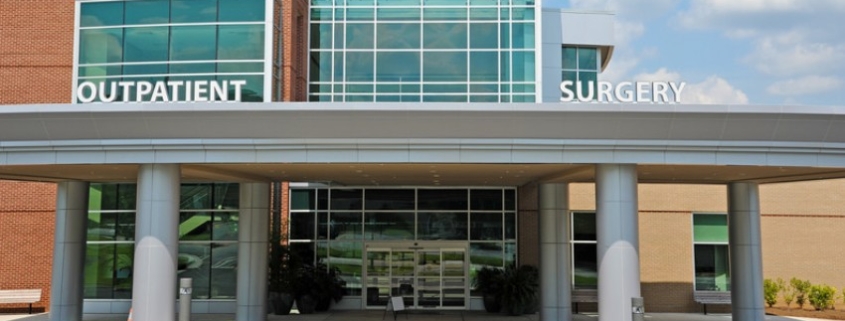Artemis Recapitalizes Six Properties With Rendina To Seed New Joint Venture For Development And Acquisition Of MOBs Nationwide
Newmark announced that it has arranged a strategic joint venture seeded by a national MOB portfolio recapitalization.
Rendina Healthcare Real Estate is a leading, national medical office development and acquisition platform, fully integrated with development, ownership, management and leasing capabilities. A pioneer in the healthcare real estate development sector, Rendina has developed more than 8.5 million square feet during its 35-year history.
This transaction marks an inflection point in the growth of the company as the firm partners with Artemis Real Estate Partners, an institutional investment manager that focuses on equity and debt investments in healthcare real estate across the United States.
Rendina and Artemis have entered into a joint venture to develop and acquire a national portfolio of healthcare properties. The venture was seeded with the recapitalization of six properties developed by Rendina. The nearly 230,000 square foot portfolio spans four states, with concentration in the Northeast, and is leased to some of the leading healthcare systems and physician group practices in the country. The joint venture will immediately invest in an additional 140,000 square foot medical office development, followed by a near-term development and acquisition pipeline.
Newmark’s Healthcare Capital Markets Group represented Rendina on the portfolio recapitalization, advised Rendina and Artemis on establishing the joint venture, and secured the acquisition and development financing. The transaction was led by Newmark Executive Managing Director Ben Appel, Senior Managing Directors Jay Miele and Michael Greeley, Managing Director John Nero, and associates Ron Ott and Adam Goss of the firm’s National Healthcare Capital Markets Group.
“Like-minded investment philosophy, culture-fit, sophisticated understanding of the healthcare real estate market and appetite for portfolio growth were key criteria in our selection process. Artemis checked all the boxes we were looking for in a programmatic equity partner, said Richard Rendina, Chairman & CEO of Rendina.
“Artemis is excited to partner with a best-in-class sponsor like Rendina to grow a high quality portfolio of healthcare real estate assets. Rendina has the relationships and proven track record that we were looking for in a partner” stated Kevin Nishimura, Principal of Artemis Real Estate Partners.
“Rendina has seen tremendous success having developed for many of the Nation’s largest and most highly-regarded health systems, and dominant physician networks,” said Appel.
“This programmatic venture further supports Rendina’s growth, providing the firm additional resources to meet the evolving needs of healthcare providers across country,” added Miele.
“This joint venture will make Rendina even more competitive on development opportunities and will also provide us the acquisition platform and portfolio growth we have long-desired”, said Richard Rendina. “We believe the combination of Rendina’s expertise with Artemis’ capital will be a winning recipe not just for us, but for our healthcare provider clients as well. Rendina believes our health system relationships are our most valuable assets. Artemis understands this nuance to our business, and has shown us that they value relationship-based business and decision-making the same way Rendina does.”
Source: HREI



